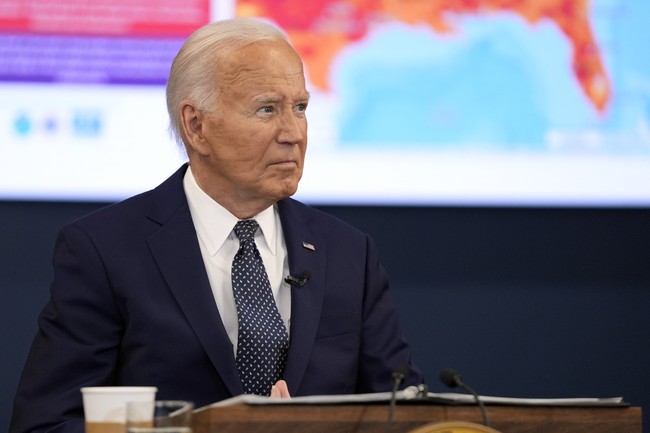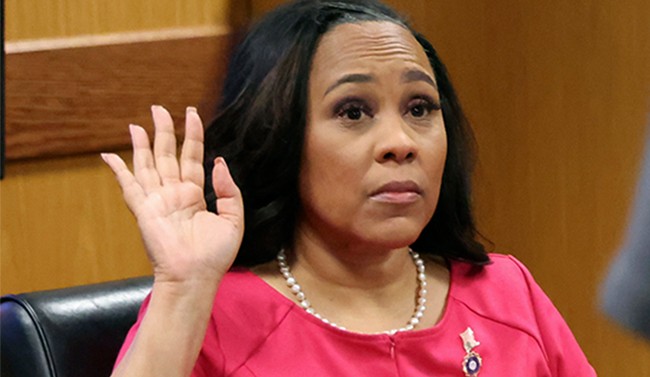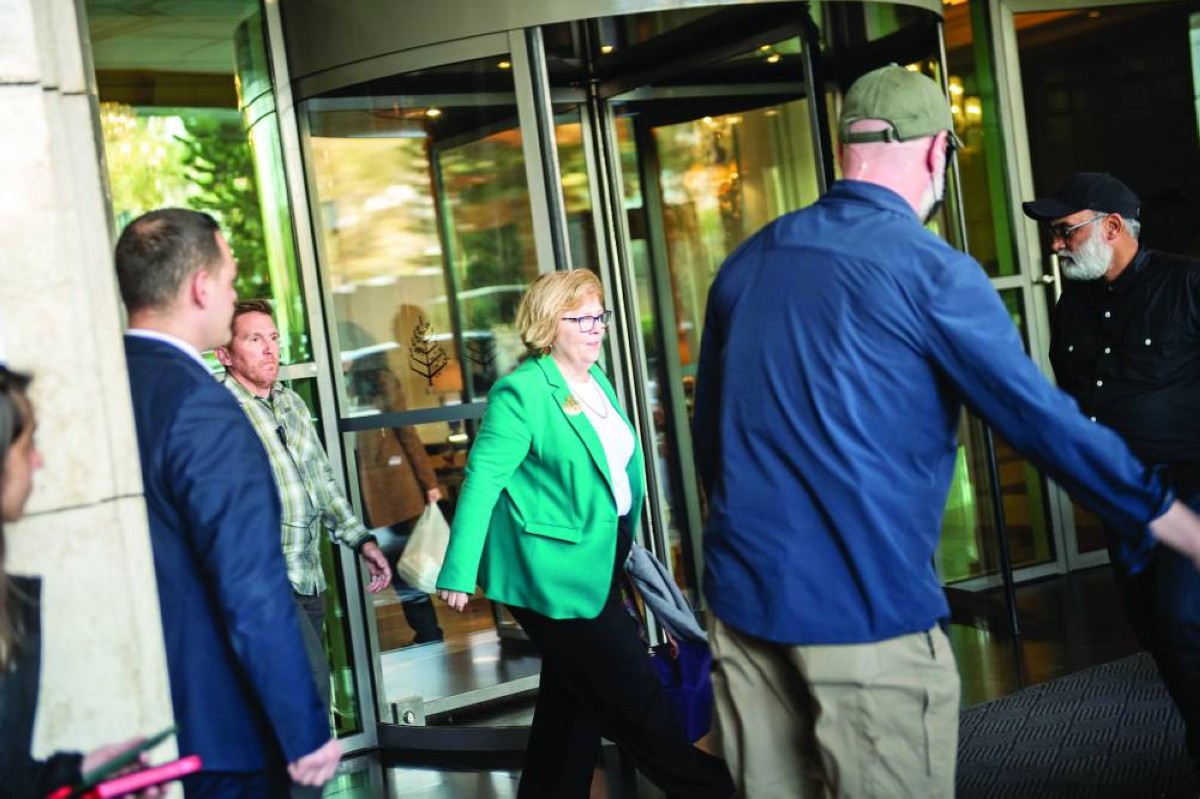EU's Diplomatic Moves Amid Syria's Political Shift
As the world reacts to the unprecedented changes in Syria's government, the European Union takes a pivotal step by initiating diplomatic contacts with new Syrian authorities.
Published December 17, 2024 - 00:12am

Image recovered from arabnews.com
The European Union has sharply turned its diplomatic compass towards Syria following the sudden political upheaval that has reshaped the nation's leadership structure. EU foreign policy chief Kaja Kallas announced the decision to dispatch the bloc's premier diplomat to Damascus, marking an alignment with global powers seeking engagement with the new Syrian government.
This diplomatic maneuver follows a similar approach by the United States and the United Kingdom, aiming to establish initial channels of communication with the ascendant leadership led by the Hayat Tahrir al-Sham (HTS) after the ousting of Bashar al-Assad. Such moves underscore a strategic pivot in Western foreign policy concerning Syria's long-standing conflict.
The backdrop of these overtures is laden with complexity. While the HTS's rapid and unexpected ascension has forced a recalibration of international relations, it does not erase concerns about the group's affiliations, particularly its connections to Al-Qaeda, which draw international sanctions and skepticism. Kallas expressed that the EU's engagement strategy would focus not merely on rhetoric but on pragmatic measures that demonstrate an earnest commitment to governance and inclusion. This stance mirrors broader Western concerns that any interactions preserve human rights and prevent extremism.
Reports reveal that these diplomatic developments unfold amid a flurry of international activity in Damascus. Envoys from the United Nations, Qatar, and Türkiye are emphasizing justice and reconstruction as primary goals while navigating the diplomatic minefield that the new governance poses. Qatar's re-engagement illustrates a significant shift, given its historical stance of refusing diplomatic ties with the Assad regime over a decade.
Among EU states, the approach to Syria has fostered a spectrum of opinions, revealing a division between those advocating for robust interaction and those committing to cautious observation. A dominant theme in these discussions is the integrity of the Syrian state structure and the protection of vulnerable groups within the society, raising significant humanitarian and political questions.
Kallas stressed, during a foreshadowing conversation at a meeting of EU foreign ministers, that these engagements must lead towards concrete progress if Europe hopes to maintain a foothold in the evolving political landscape of Syria. As such, EU's dialogue with Syria may become a litmus test for its broader geopolitical strategy in the Middle East, as past relationships decomposed in the mire of war and humanitarian crises.
This introspection comes at a time when policy experts agree that the vacuum of leadership previously filled by Assad's regime cannot remain unchecked. Therefore, the EU's discourse and eventual decisions bear relevance for Syrian citizens hoping for stability and international observers wary of regional instability.
The course of these diplomatic efforts is punctuated not just by initiatives of engagement but also by preventative measures. Leaders like Kallas are setting a tone of cautious optimism, which is echoed by allied nations awaiting signs of genuine, transformative governance from Syria's new leaders.
In conclusion, while the EU's diplomatic engagement represents a necessary step towards reestablishing regional balance, challenges persist given the volatile history and ongoing international divergences regarding Syria's future. The coming weeks will be crucial in observing how actions complement words in this attempt to forge a path towards peaceful collaboration and developmental progress for Syria.






